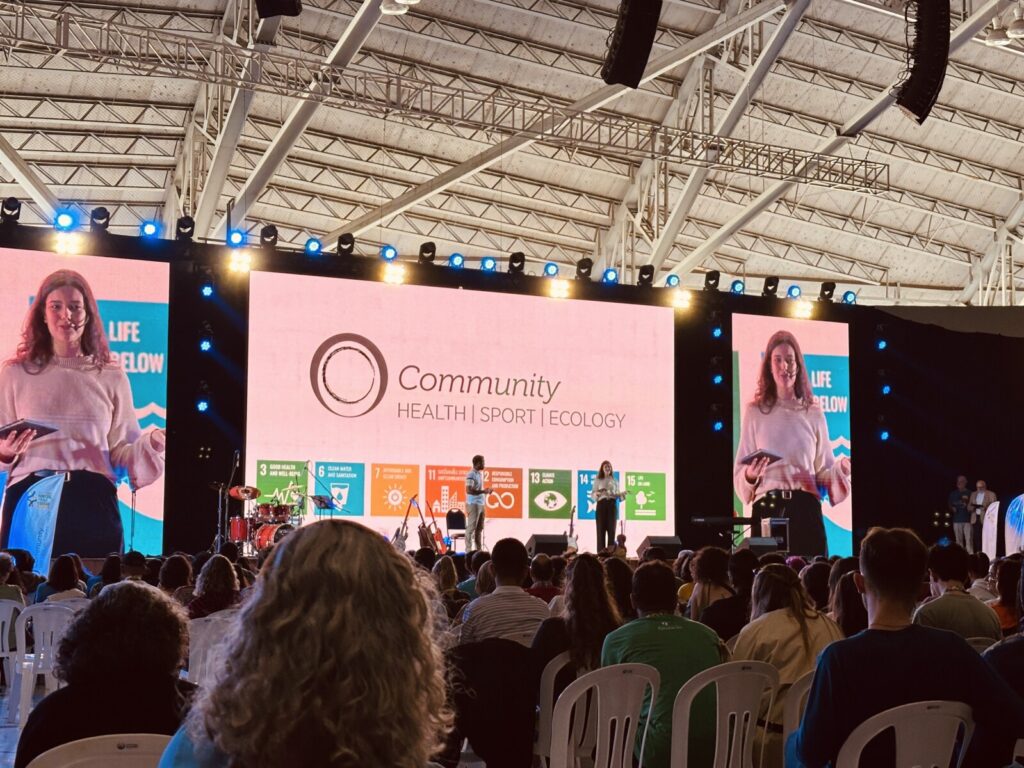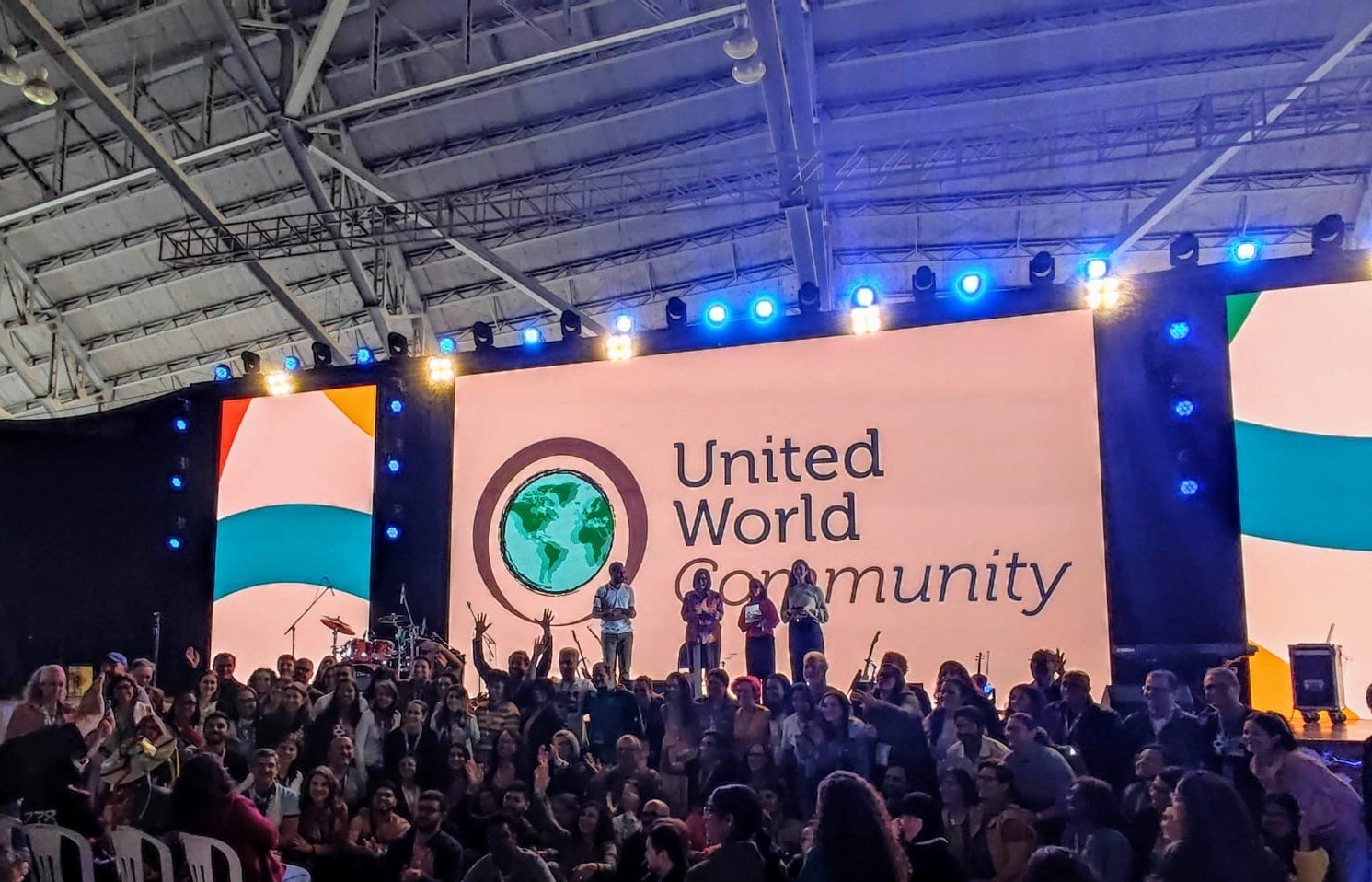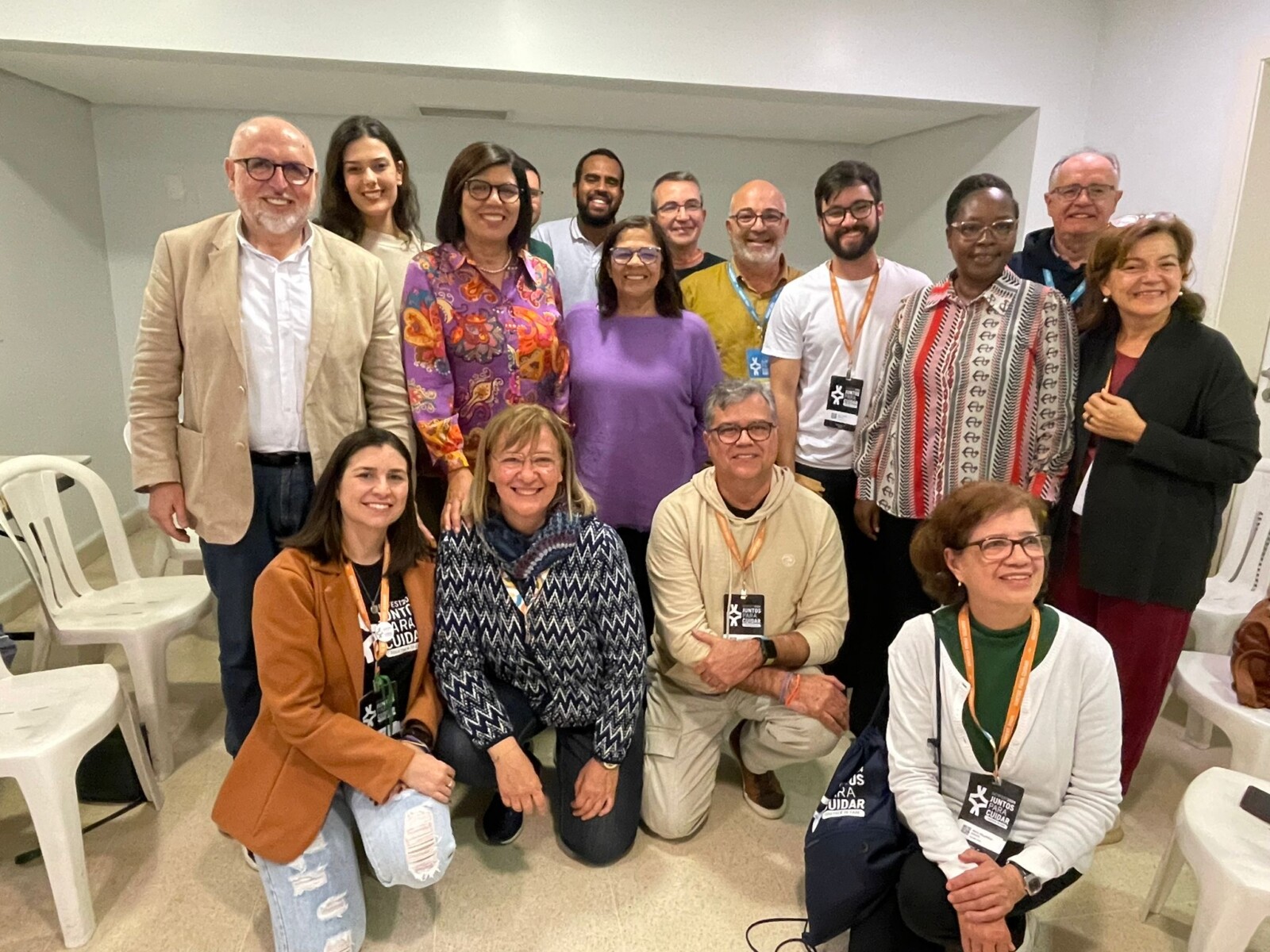A living network for a fairer world: the united world communities model

Economy, art, active citizenship, communication, and more. With diverse knowledge and shared commitment, people of all ages build local communities that, globally connected, transform their environments through actions inspired by the vision of a better world.
United World Communities (UWC) are more than just a network of good intentions. They are social laboratories where people from different generations and cultures work within their own territories to translate ideals like fraternity and unity into concrete actions.
With diverse approaches—such as Economy and Work; Peace and Human Rights; Citizenship and Politics; Communication and Media; Art and Social Engagement; Health, Sports, and Ecology; Interculturality and Dialogue; and Education and Research—these Communities serve as hubs of transformation that seek to address the challenges of a fragmented society through everyday actions.
United World Communities are one of the three pillars supporting an even broader structure: the United World Project, a global initiative by the NGO New Humanity (an organization inspired by the Focolare Movement), which works toward unity among peoples by highlighting good social practices that promote peace, social justice, and human rights.
In this interview, members of the UWC explain what these communities are, how they work, and why they believe in a model of change that starts locally but has a clear global outlook. In response to the complexity of today’s world, they propose a way of building community through real human relationships, intergenerational collaboration, and sustained commitment.

The work of the Communities seems to be fieldwork, action on the ground. Why is it important for something like this to exist?
That’s a very important point. In a world full of complex challenges, it’s not enough to stay in theory or online discussions… we need real people acting on the ground, listening to local needs, and building solutions together. That’s exactly what the Communities do. They turn values like fraternity, unity, and dialogue into concrete action in everyday life. These local experiences not only transform realities where they happen, but also feed a global ecosystem of change by connecting people, sharing solutions, and inspiring others to do the same.
What contribution do the Communities make to the areas or themes they address?
The Communities create a concrete impact in the areas where they operate by carrying out actions such as solidarity campaigns, conferences, and educational projects. The goal is to promote the personal, social, and spiritual development of participants while fostering positive transformation in local communities. Additionally, these initiatives provide meaningful contributions at both academic and awareness-raising levels for society as a whole.
Is there any Community facing more complex challenges when it comes to building a more fraternal world?
Absolutely. Some Communities operate in particularly complex contexts where building a more fraternal world is a daily challenge. These difficulties may stem from deep social and political divisions, structural inequalities, collective trauma, cultural resistance to change, lack of resources, or local instability. In such settings, the work of the Communities becomes even more valuable: they are part of a global network of relationships where Communities can exchange ideas, initiatives, struggles, and achievements. This exchange opens new horizons and offers concrete support.

How does the United World Communities involve people of all ages, fostering intergenerational relationships among members?
The United World Project Communities are characterized by the presence of children, teenagers, young people, and adults, and it is in this collaboration between generations that one of their greatest strengths lies. By bringing together different age groups, the Communities create an environment rich in the exchange of experiences, wisdom, and diverse perspectives. This intergenerational dynamism strengthens the Communities’ ability to face contemporary challenges, enabling more creative and inclusive solutions, as well as promoting mutual learning that benefits everyone, regardless of age.
If I want to join a Community, can I? What would I need to do?
Yes, you can join by checking the interactive map at www.unitedworldproject.org to see if there’s an active Community that matches your interests. Then, register on our official app at app.unitedworldproject.org to stay up to date with discussions, events, and news. There, you can share your passions, skills, and what you have to offer, as well as take part in projects and events.
What if I don’t find a Community in my area?
You can create your own. You’ll need to register and fill out a form with your proposal, which will be reviewed and approved by our team. You’ll also need to complete the Community Tutor training process, which is available on our app.
What are your projections for a year from now?
To increase the presence of Communities across all five continents, strengthening the connections and interactions among them. To establish partnerships based on reciprocity, focused on joint collaboration and the complementary use of human and technical resources—both locally, within each Community’s territory, and internationally, through the global network. To ensure that all Communities have trained Community Tutors, in order to strengthen local leadership and mobilize people toward common goals. To develop projects that influence local and global policies through active citizen participation. To create sustainable models that guarantee the continuity and expansion of projects, with a focus on lasting impact and efficient funding.

Is there a quote, idea, or person that inspires you in what you do?
Absolutely! One essential figure who guides the steps of the Communities and inspires us to pursue a united world is Chiara Lubich, founder of the Focolare Movement. We’d like to share a brief meditation where Chiara describes the different “paths” toward a united world — which today are represented by our Communities:
Many paths to a united world:
“And here they are, following the most diverse ‘paths’ to help build unity in the world. According to their abilities and the needs of their environment, they have mended rifts, overcome divisions, and thrown themselves into the widest gaps — those that pit person against person, group against group. They have followed the path of unity among peoples, among races, between rich and poor, between different ethnicities, among generations… And this has blossomed into a wonderful and fruitful flowering of daily, committed, and constant action”.
